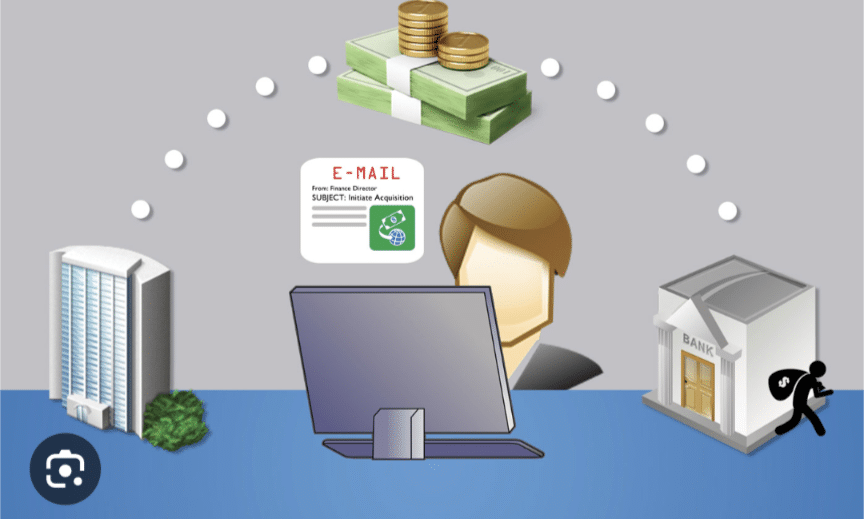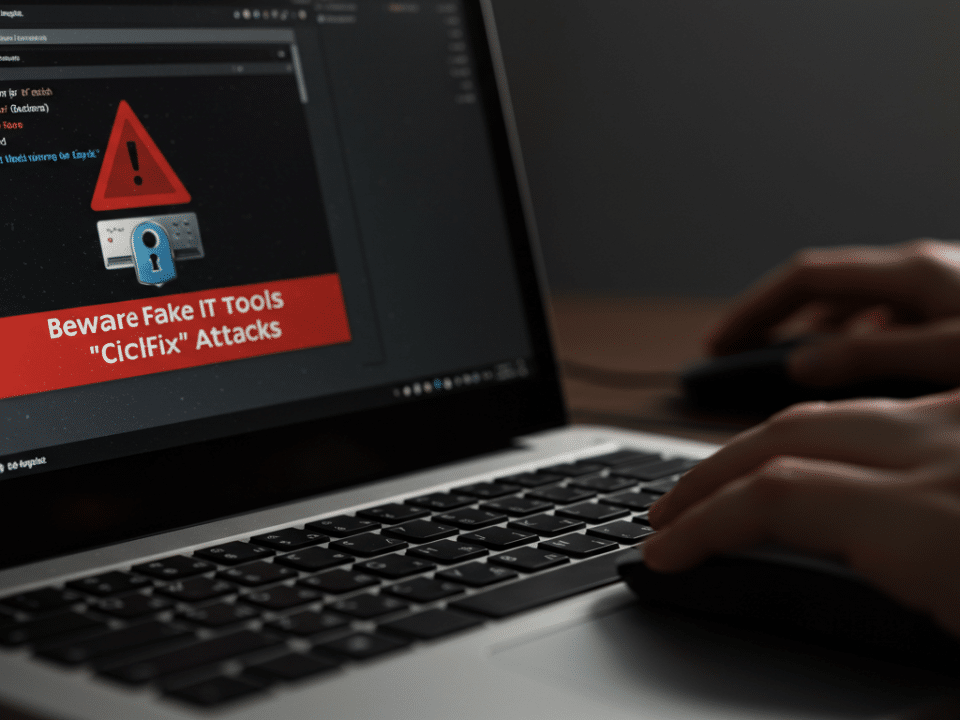
A Glass Ceiling for Ransomware: Microsoft’s Breakthrough and the Azure Advantage
December 9, 2023
The Modern Connected Car: A Web of Convenience and Security Threats
December 12, 2023Beware of BEC Scams This Holiday Season How to Protect Yourself from Holiday Fraud
The holidays are a time for giving and receiving, but unfortunately, they are also a prime time for scammers. BEC (Business Email Compromise) scams are on the rise during the holidays, as scammers prey on the increased volume of emails and the distraction of the holiday season.
What are BEC scams?
BEC scams are a type of phishing scam that targets businesses. Scammers will send an email that appears to be from a legitimate source, such as a vendor or a customer. The email will often contain a request for an urgent payment or for sensitive information.
If the recipient of the email is not careful, they may click on a malicious link or open an infected attachment, which can give the scammers access to their computer or network. The scammers can then use this access to steal money or data.
Why are BEC scams more common during the holidays?
There are a few reasons why BEC scams are more common during the holidays:
- Increased email volume: Businesses typically send and receive more emails during the holidays. This increased volume makes it more difficult for employees to spot fraudulent emails.
- Distraction: With all the planning and festivities going on, employees may be more likely to let their guard down and make mistakes.
- Urgency: Scammers often use urgency to pressure their victims into taking action without thinking. They may claim that a payment is overdue or that a customer account is at risk.
How to protect yourself from BEC scams
There are a few things you can do to protect yourself from BEC scams:
- Be wary of unsolicited emails. Do not click on links or open attachments from emails that you are not expecting.
- Verify the sender’s identity. Before you respond to an email, take a close look at the sender’s email address. If it looks suspicious, do not respond.
- Be careful about what information you share. Do not share sensitive information, such as your credit card number or Social Security number, with anyone you do not know and trust.
- Use two-factor authentication. Two-factor authentication adds an extra layer of security to your online accounts.
- Report suspicious emails. If you receive a suspicious email, report it to your company’s IT department.
Here are some additional tips for protecting yourself from BEC scams:
- Educate your employees. Train your employees to be aware of BEC scams and how to spot them.
- Use strong passwords. Use strong passwords for all of your online accounts.
- Update your software regularly. Keep your software up to date with the latest security patches.
- Back up your data regularly. Back up your data regularly in case you become the victim of a BEC scam.
By following these tips, you can help protect yourself from BEC scams and enjoy a safe and happy holiday season.
#becscams #holidayscams #phishingscams #fraudprevention #cybersecurity
In addition to the tips above, here are some other resources that you may find helpful:
- The Federal Trade Commission (FTC) has a website with information about BEC scams: https://reportfraud.ftc.gov/
- The FBI has a website with information about BEC scams: https://www.ic3.gov/Home/ComplaintChoice
- The U.S. Department of Homeland Security (DHS) has a website with information about BEC scams: https://www.cisa.gov/
I hope this blog post has been informative. Please share it with your friends and family to help raise awareness about BEC scams.




